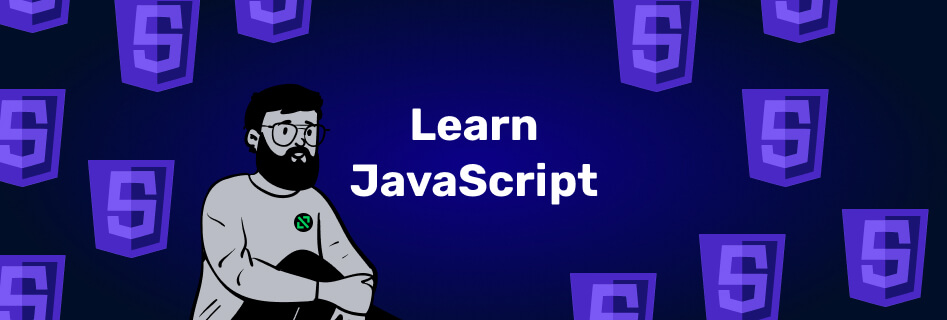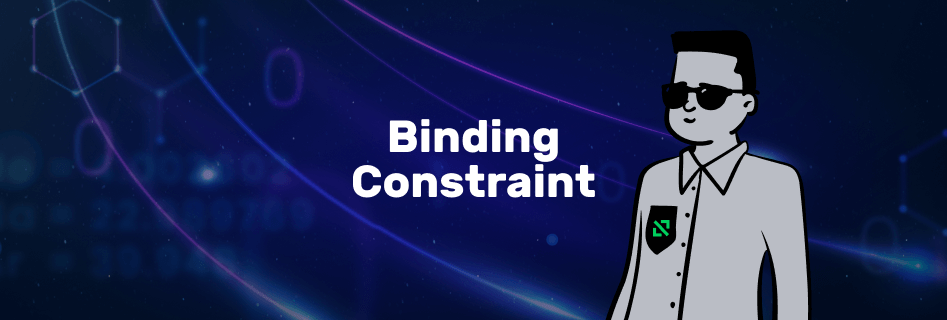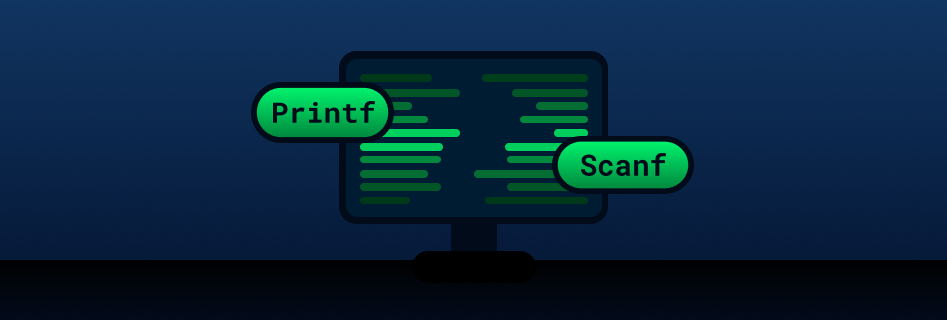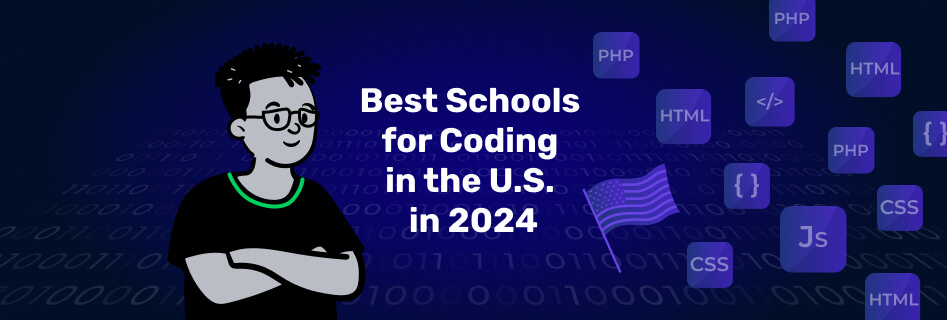
How and Why to Learn Programming With JavaScript
If you want to kickstart your web developer career, you may ask yourself, “What programming languages should I learn in the first place?”. Should I start with the simplest ones or the useful ones? Or is it better to opt for both options?
With all the options available nowadays, why learn to code JavaScript?
Although you’ve probably heard that JavaScript is an important web development language, you might wonder if it still has much use today.
In this article, we’ll look at the purpose of JavaScript and its capabilities and determine whether it’s still useful. After that, we’ll examine some of the primary motivations for learning this programming language and discuss the necessity to master plain JavaScript before becoming familiar with libraries and frameworks.
So, is JavaScript a good first language? Let’s find out now.

What exactly is JavaScript, and what can it do?
Understanding exactly what something is and what it does is crucial before learning it. This is particularly useful when mastering a new programming language.
Simply put, JavaScript is a programming language used to create interactive websites. If we consider the core components of a website, the first thing that should come to mind is HTML which describes and defines the website’s basic structure and content. Then you have CSS that instructs the browser how to display this HTML content by determining elements like color and typeface.
With simply HTML and CSS, you can create a website that looks nice but doesn’t do much. By adding functionality, JavaScript gives the website life. It is in charge of components that users can interact with, like contact forms, drop-down menus, and modal windows. Animations, interactive maps, and video players are among the other things you can create with it.
JavaScript is a general-purpose programming language that works with any software package. Although JavaScript is most frequently used on the client side (also known as the front end), many developers use it on the server side (also known as the back end), thanks to Node.js. When utilized on the client side, the user’s web browser reads, interprets, and executes JavaScript code. In the case of the server side, it is run on a distant computer.
JavaScript is used for more than just creating web pages. It can also be utilized to build web-based games and, with specific frameworks, mobile applications for various operating systems. Backend programs, including web apps and server apps, may also be developed using the language, thanks to the appearance of new libraries and frameworks.
Now that you know some of the applications for this 25-year-old language, are you still questioning yourself, “Is JavaScript useful?” If you’re curious to learn more, we’ve covered numerous uses for JavaScript and more code in greater depth below, so read on.
Is JavaScript worth learning in 2023?
Web development is a rapidly evolving field. Knowing where to concentrate your efforts can be highly challenging, given the constant influx of new tools and technologies.
As a future developer, you’ll want to ensure that the language you’re learning is still popular in the market today.
If you have any doubts about this programming language, don’t. JavaScript has been used everywhere on the web since its introduction in 1995, and that’s not likely to change anytime soon. It has also been ranked as the most popular programming language for ten years in a row by the 2022 StackOverflow developer survey.
94.5% of websites use JavaScript today, and despite being created as a client-side language, it has now found its way to the server side of websites (owing to Node.js), desktop computers (owing to Electron), and mobile devices (owing to Ionic and React Native). It is becoming even more powerful thanks to package managers like npm.
As long as people use the internet, we can assume that JavaScript is quite relevant, making it a language worth learning. With this in mind, let’s examine some major benefits of learning JavaScript.
By the way, if you’ve already started learning JavaScript and got stuck on any concepts or need any advice, consulting a programming homework service might be a helpful solution.
Why learn JavaScript?
If you want to work as a developer, understanding JavaScript is definitely a good idea. Competency in this language will allow you to create websites from scratch, a reasonably useful skill in today’s employment market, even if you don’t have your heart set on a technical career.
However, if you do intend to work as a web developer, here are some of the key justifications for learning JavaScript:
- JavaScript is a versatile language. It allows you to code on the server side using Node.js and on the client side using Angular, develop apps using React.js, Electron, or React Native, get involved in ML, become a full-stack developer, information security engineer, or even a games developer—the possibilities are endless!
- JavaScript developers are highly demanded. According to the HackerRank report for 2023, JS is the 5th most required language, ranking four times higher than Bash, its closest competitor.
- JavaScript developers are well-paid. In the United States alone, JavaScript experts earn a base salary of $103,590 a year.
- JavaScript is a beginner-friendly language. Every web browser already has JavaScript installed, so you don’t need to set up a development environment to start using it.
- JavaScript can set you up with extremely valuable skills. The object-oriented, imperative, and functional programming paradigms are all supported by JavaScript. You can apply these skills to any language you can learn in the future, including Python, Java, and C++.
In simple terms, JavaScript provides an essential introduction to fundamental practices and principles you’ll need throughout your career as a web developer.
How hard is it to learn JavaScript?
JS is one of the easiest programming languages to master, making it an excellent first language for those new to coding. In fact, even the most complicated lines of code can be written in chunks, one by one. The other advantage of this programming language is that you can test the code in the web browser.
However, it can be hard to master JavaScript if you attempt to learn all the features and frameworks at once. It can make the process overwhelming and confusing. That’s why we recommend you learn JavaScript step by step and practice the frameworks directly related to your current project.
Should I learn plain JavaScript first?
When mastering JavaScript, you can be tempted to jump straight to all the time-saving frameworks and libraries containing prewritten, ready-to-use code, as most beginners do. Nonetheless, there are a lot of solid justifications for learning plain, “vanilla” JavaScript first—the basic language without any libraries or frameworks.
While JavaScript frameworks may make your job easier, you can only get stuck at even the tiniest problems if you don’t comprehend the fundamental concepts that underlie those frameworks.
Understanding the fundamental concepts—not just the shortcuts—is essential if you want to evolve into an innovative developer rather than one who can only execute. This means you have to learn JavaScript for beginners before proceeding to frameworks.
Having a solid understanding of JavaScript will help you later when deciding whether to use Angular, Ember, or Vue framework for a particular project. In the end, if you wish to work as a web developer, it’s unavoidable that you’ll come across this programming language virtually every time. Studying plain JavaScript first will help you become a versatile developer who can work on both the backend and the frontend, and it will give you the tools you need to tackle difficult problems on your own—a crucial skill in the field.
What are the best ways to learn JavaScript?
Learning this language is a must if you want to become a web developer, and we recommend starting with JavaScript in its native, non-extended version. And probably one of the best ways to master JavaScript is to get hands-on. As soon as you read about the language and how it functions, try using it in your browser. If you have Google Chrome installed, click “View” and select “Developer” from the drop-down menu. Then choose “JavaScript Console,” and you’re ready to go!
Many excellent online resources are available for learning JavaScript online. However, if you prefer a more organized approach, consider enrolling in one of the mentored courses offered by Udemy, Coursera, and other platforms.
Whichever path you take, always dedicate adequate time to learning the fundamentals. Once you have a firm grasp of JavaScript, you will be well-prepared to take on the web’s more challenging coding languages like C++ and Python, giving you an edge over other job seekers. And should you need a custom solution, you can always go to programmingassignment.net, the best place to get professional help with JavaScript homework and other JS-related issues. Our certified JS developers are here for you 24/7!





